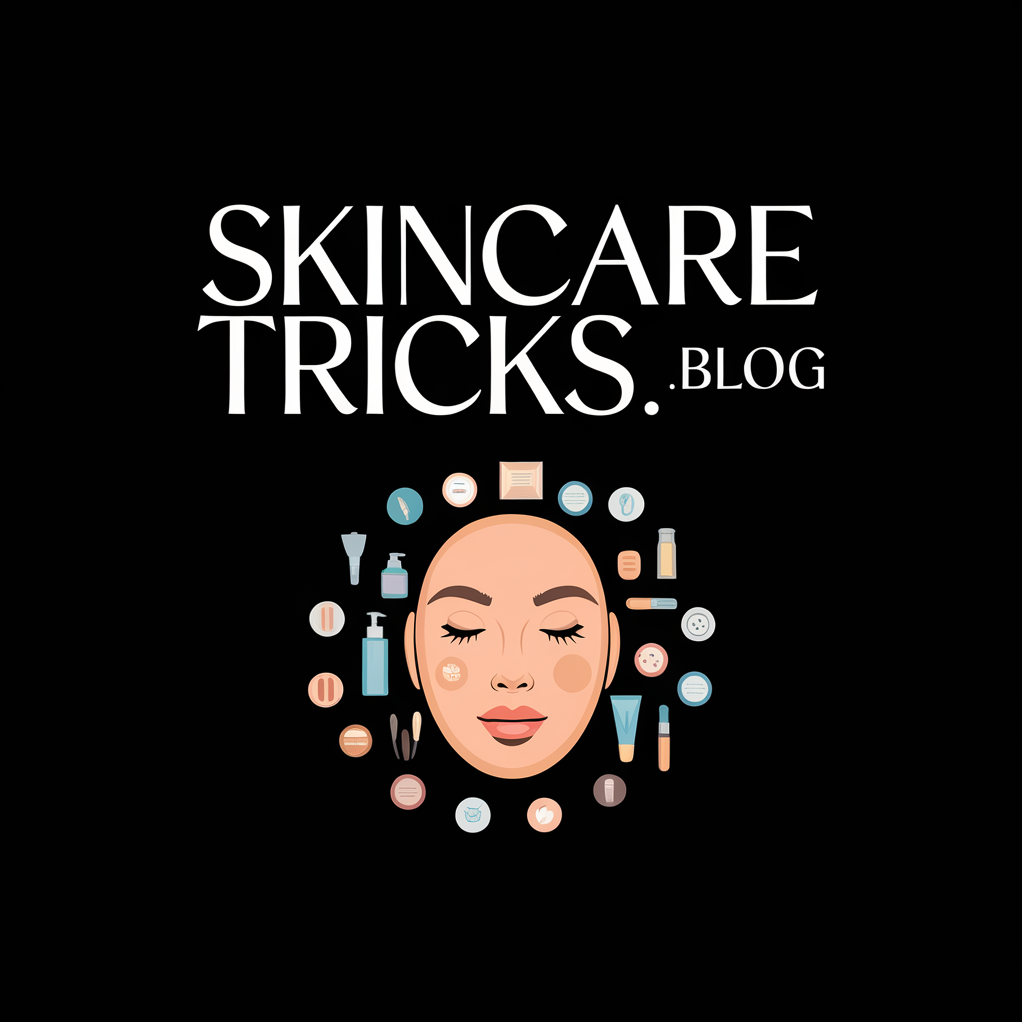Why Your Skincare Isn’t Working-And What to Do Instead
If your skincare routine isn’t delivering results, it might be time to reassess your approach. Inconsistent application, improper techniques, and unsuitable products can all play a role in thwarting your efforts. You might also be overloaded with products, which can irritate your skin. Additionally, neglecting crucial sun protection significantly undermines your progress. Understanding these factors can pave the way for more effective care. Let’s explore these issues further to enhance your skincare journey.
Lack of Consistency in Your Routine
When it comes to skincare, having a consistent routine is crucial, as inconsistency can lead to missed opportunities for improvement.
One of the most common skincare mistakes is skipping products or using them sporadically. Regularly applying serums and moisturizers ensures that your skin receives the nutrients it needs. Establishing a daily regimen can significantly enhance your skin’s overall health and appearance. This includes thorough cleansing at the start of your routine to ensure the removal of dirt and impurities, preparing your skin for better absorption of the products that follow.
Incorrect Application Techniques
Even the most effective skincare products can fall short if you apply them incorrectly. Common mistakes, like using too much product or applying in the wrong order, can hinder your results. To optimize your routine, review the table below for proper application techniques.
| Mistake | Solution | Effectiveness |
|---|---|---|
| Too much product | Use a pea-sized amount | Enhances absorption |
| Wrong order | Layer from thinnest | Improves efficacy |
| Rubbing too hard | Pat gently | Reduces irritation |
Improper application techniques can lead to over-exfoliating your skin, which may cause irritation and counteract your skincare efforts.
Ignoring Your Skin Type
Neglecting your skin type can significantly undermine your skincare efforts, as each type—be it oily, dry, combination, or sensitive—has unique needs.
If you’re using products not suited for your skin type, you risk irritation or ineffective results.
Understanding your skin’s requirements and selecting appropriate formulas can enhance product absorption, balance moisture levels, and ultimately lead to healthier, more radiant skin.
Moreover, using harsh exfoliants on sensitive skin can exacerbate irritation and hinder progress in your skincare routine.
Overloading on Products
Overloading on products can seem tempting, especially when you’re chasing the perfect complexion, but using too many products may do more harm than good.
This practice can lead to irritation, breakouts, or disrupted skin barriers. Focus on a few effective products tailored to your skin type.
Simplifying your regimen often yields better results, giving your skin a chance to recover and thrive. Additionally, embracing proper layering can maximize the effectiveness of each product you choose to use.
Neglecting Sun Protection
While it might be easy to overlook sun protection in your daily skincare routine, skipping this vital step can have serious long-term consequences for your skin.
UV rays cause premature aging, hyperpigmentation, and increase the risk of skin cancer.
To maintain healthy skin, always apply a broad-spectrum sunscreen with at least SPF 30 daily, regardless of the weather or season. Year-round use is essential for protecting your skin health and wellness.
Your skin will thank you!
Failing to Adjust Seasonal Care
The changing seasons bring distinct challenges to your skin, and failing to adjust your skincare routine accordingly can lead to various issues.
In winter, you might need richer moisturizers to combat dryness, while summer may call for lighter, oil-free formulas. Adjusting ingredients and routines based on temperature, humidity, and sun exposure ensures your skin remains balanced, hydrated, and protected throughout the year. Additionally, using moisturizers containing hyaluronic acid can significantly enhance your skin’s ability to retain moisture during the colder months.

